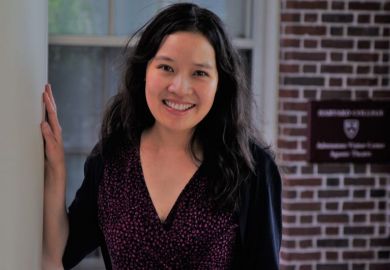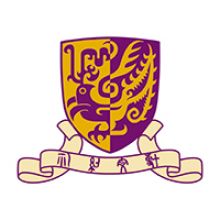After nearly a year, Hong Kong’s governing body has approved a controversial bill significantly lessening the role of staff and academics in decision-making at one of the city’s top institutions.
The bill, which gained approval earlier this month and is due to come into effect shortly, downsizes the governing council of the Chinese University of Hong Kong (CUHK) from 55 to 34 seats. Under the newly adopted structure, the council will comprise 23 external members and 11 internal members, who are responsible for overseeing and assessing the effectiveness of CUHK’s strategy.
The move comes amid broader academic freedom concerns on the island and just as CUHK president Rocky Tuan commences his final term this January, which is due to end in 2026. Local media linked the plan to legislators’ perception that Professor Tuan had been too soft on students involved in Hong Kong’s 2019 protests – a claim the university has denied.
First proposed last December by three Hong Kong legislators currently on CUHK’s council, the bill has met vocal opposition, with more than 1,500 people signing a petition to oppose it this July, local media reported.
Academics speaking with Times Higher Education earlier this year voiced concerns that the plan could erode academic freedom at the university, giving lawmakers on the body outsize influence over decisions made by its administration.
While many faculty were in favour of downsizing the council to help it run more efficiently, THE understands, they were largely against reducing the proportion of the council’s internal members.
Edward Lau Kwok-fan, one of the lawmakers behind the bill, defended the move as positive for CUHK. “I don’t think this reorganisation will weaken its autonomy,” he said in a televised address. In a statement, CUHK said the move was “an important step to improve the governance of the university”.
But these words don’t seem to have come as much reassurance.
Carsten Holz, a professor of economics at the Hong Kong University of Science and Technology, said that a “crucial aspect” of the bill was how it changed the power dynamics of CUHK’s governing body from a “near-equal balance between external and internal members”, with 28:27 in the current council, to a more than two-thirds majority of external members, with 23:11 in the new council.
In addition, many internal members, such as the vice-chancellor and the provost, will have been chosen by the now externally dominated council to begin with, he added.
“This means the end of any form of balance of power and instead complete external, political control of CUHK,” he said.
Still, Professor Holz said, the “new arrangement” at the university was not dissimilar from the governing structures of other Hong Kong institutions.
“At my university, the Hong Kong University of Science and Technology, only one faculty-elected member sits on the 27-member strong council, and one student representative. Ultimately, 25 of HKUST council’s 27 members are chosen directly by Hong Kong’s chief executive or indirectly by a body – typically the council – that is dominated by the chief executive’s appointments.”
Professor Holz said he believed that, although the island’s university councils performed the usual monitoring and strategy functions undertaken by such bodies, they were also designed to “guarantee political control” over the sector – and CUHK was just the latest domino to fall.
“The changes to the composition of CUHK’s council is simply the most recent event in the process of neutering Hong Kong universities,” he said.
HKUST told THE its council is made up of 27 members, including 10 senior leaders as well as “elected members” from its faculty, students and alumni. “Other members are leaders in society with extensive experience in diverse sectors such as commerce, industry, finance, legal and technology in Hong Kong, effectively contributing professional advice for good governance of HKUST,” a spokesperson said.
Register to continue
Why register?
- Registration is free and only takes a moment
- Once registered, you can read 3 articles a month
- Sign up for our newsletter
Subscribe
Or subscribe for unlimited access to:
- Unlimited access to news, views, insights & reviews
- Digital editions
- Digital access to THE’s university and college rankings analysis
Already registered or a current subscriber?










